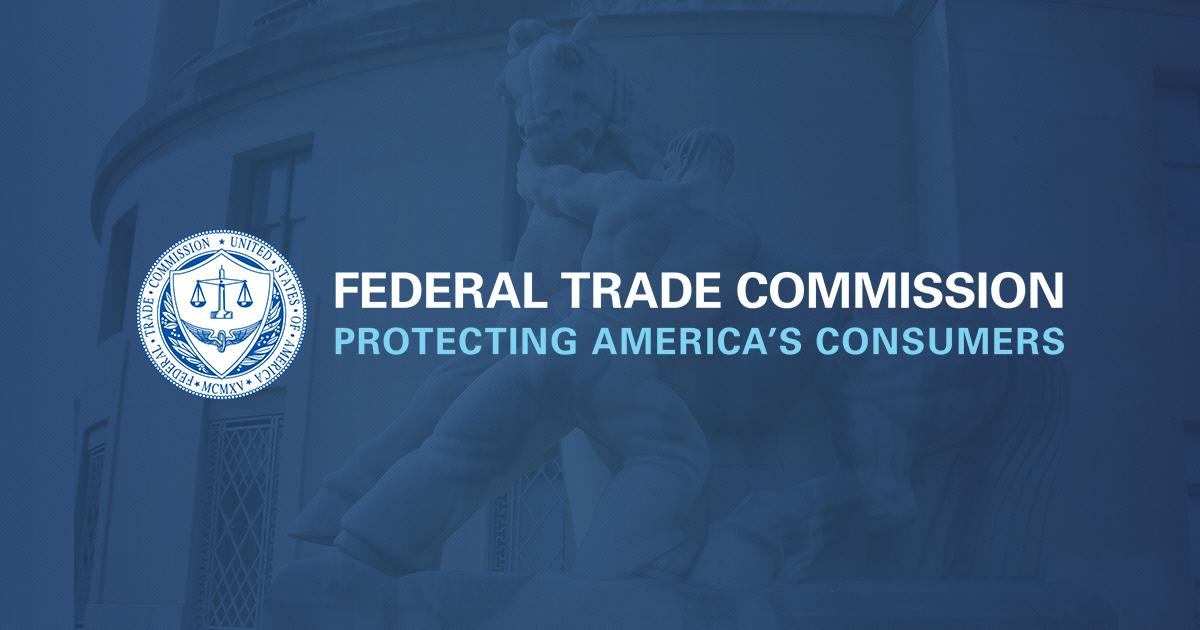A settlement obtained by the Federal Trade Commission and the Office of the Florida Attorney General permanently shuts down an Orlando-based operation that bilked seniors by using pre-recorded robocalls to sell them supposedly free medical alert systems.
The settlement order bans the defendants from making robocalls, prohibits other telemarketing activities, and bars them from making misrepresentations related to the sale of any product or service. The order includes a judgment of nearly $23 million, most of which will be suspended after the defendants surrender assets including cash, cars, and a boat.
”This case is a great example of how federal and state law enforcement can work together to stop fraudulent telemarketing targeting older consumers,” said Jessica Rich, Director of the Federal Trade Commission’s Bureau of Consumer Protection. “The FTC will continue to work with its state partners to protect senior citizens from pernicious schemes like this one.”
“We must do everything within our power to protect Florida’s consumers. The scheme we have stopped allegedly targeted Florida’s senior citizens, and we, along with our Federal Trade Commission partners, have held these individuals accountable,” said Attorney General Pam Bondi.
According to the joint agency complaint, announced in January, the defendants violated the FTC Act, the Commission’s Telemarketing Sales Rule (TSR), and Florida’s Deceptive and Unfair Trade Practices Act (FDUTPA) by blasting robocalls to senior citizens falsely stating that they were eligible to receive a free medical alert system that was bought for them by a friend, family member, or acquaintance. Many of the consumers who received the defendants’ calls were elderly, live alone, and have limited or fixed incomes.
Consumers who pressed one (1) on their phones for more information were transferred to a live representative who continued the deception by falsely saying that their medical alert systems are recommended by the American Heart Association, the American Diabetes Association, and the National Institute on Aging. In addition, the telemarketers falsely said that the $34.95 monthly monitoring fee would be charged only after the system has been installed and activated. In reality, consumers were charged immediately, regardless of whether the system was activated or not.
The court order settling the agencies’ charges also imposes a judgment of $22,989,609, the total amount consumers paid for monthly monitoring services for their medical alert devices. The judgment will be suspended as to all of the settling defendants once the individual defendants turn over cash and other assets valued at about $79,000, including $24,000 that was transferred in violation of a court-ordered asset freeze.
Assets that will be sold include a 2008 BMW, a 1984 Hans Christian sailboat, a 2004 Mercedes, and a 2008 Lincoln Navigator. In addition, defendant Joseph Settecase is subject to a second judgment of $39,300, which will not be suspended. This judgment reflects the funds that Settecase retained after selling his Ferrari in violation of the asset freeze and transferring a portion of the proceeds to another defendant.
The defendants subject to the settlement include: 1) Worldwide Info Services, Inc., also doing business as (d/b/a) The Credit Voice; 2) Elite Information Solutions Inc., also d/b/a The Credit Voice; 3) Absolute Solutions Group Inc., also d/b/a The Credit Voice; 4) Global Interactive Technologies, Inc., also d/b/a The Credit Voice Inc.; 5) Global Service Providers, Inc.; 6) Arcagen, Inc., also d/b/a ARI; 7) American Innovative Concepts, Inc.; 8) Unique Information Services Inc.; 9) National Life Network, Inc., and their principals 10) Michael Hilgar; 11) Gary Martin; 12) Joseph Settecase; and 13) Yuluisa Nieves.
One defendant, Live Agent Response 1 LLC, also d/b/a LAR, has not settled, and the FTC and Florida AG are seeking a default judgment against it. In May, the parties stipulated to the dismissal of The Credit Voice, Inc. as a defendant.
The FTC and Florida Attorney General’s Office appreciate the assistance of the following agencies, offices, and organizations in helping to investigate and bring this case: 1) the Indiana Office of the Attorney General; 2) the Minnesota Office of the Attorney General; 3) the Florida Department of Agriculture and Consumer Services; 4) the Better Business Bureau Serving Eastern Missouri and Southern Illinois; 5) the American Heart Association; 6) the American Diabetes Association; 7) the National Institute on Aging; 8) the United States Postal Inspection Service, including its Atlanta, Boston, and Houston divisions; and 9) the Seminole County Sheriff’s Office, Financial Crimes Task Force.
Information for Consumers
The FTC has tips for consumers, as well as two consumer education videos explaining robocalls and describing what consumers should do when they receive one. See ftc.gov/robocalls for more information. In addition, the FTC has a consumer blog post on deceptive medical alert robocalls, which can be found on the agency’s website.
The Commission vote approving the consent judgment was 5-0. It was entered by the U.S. District Court for the Middle District of Florida, Orlando Division, on October 13, 2014.
NOTE: Consent judgments have the force of law when approved and signed by the District Court judge.
The Federal Trade Commission works for consumers to prevent fraudulent, deceptive, and unfair business practices and to provide information to help spot, stop, and avoid them. To file a complaint in English or Spanish, visit the FTC’s online Complaint Assistant or call 1-877-FTC-HELP (1-877-382-4357). The FTC enters complaints into Consumer Sentinel, a secure, online database available to more than 2,000 civil and criminal law enforcement agencies in the U.S. and abroad. The FTC’s website provides free information on a variety of consumer topics. Like the FTC on Facebook, follow us on Twitter, and subscribe to press releases for the latest FTC news and resources.

